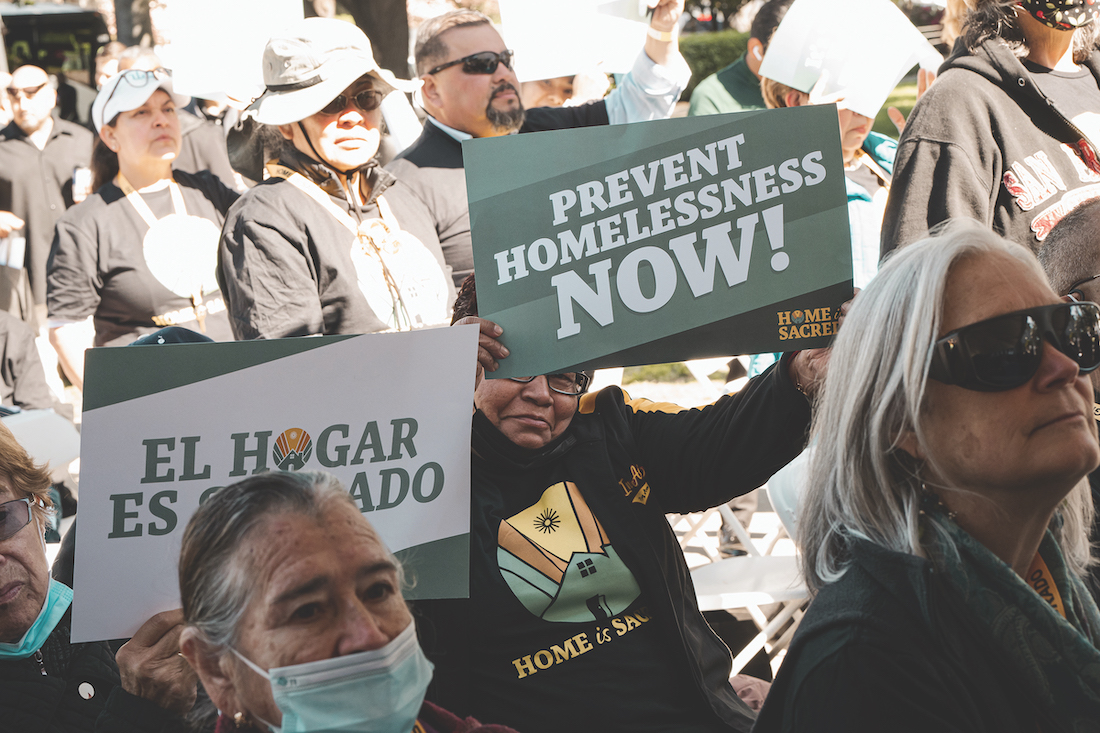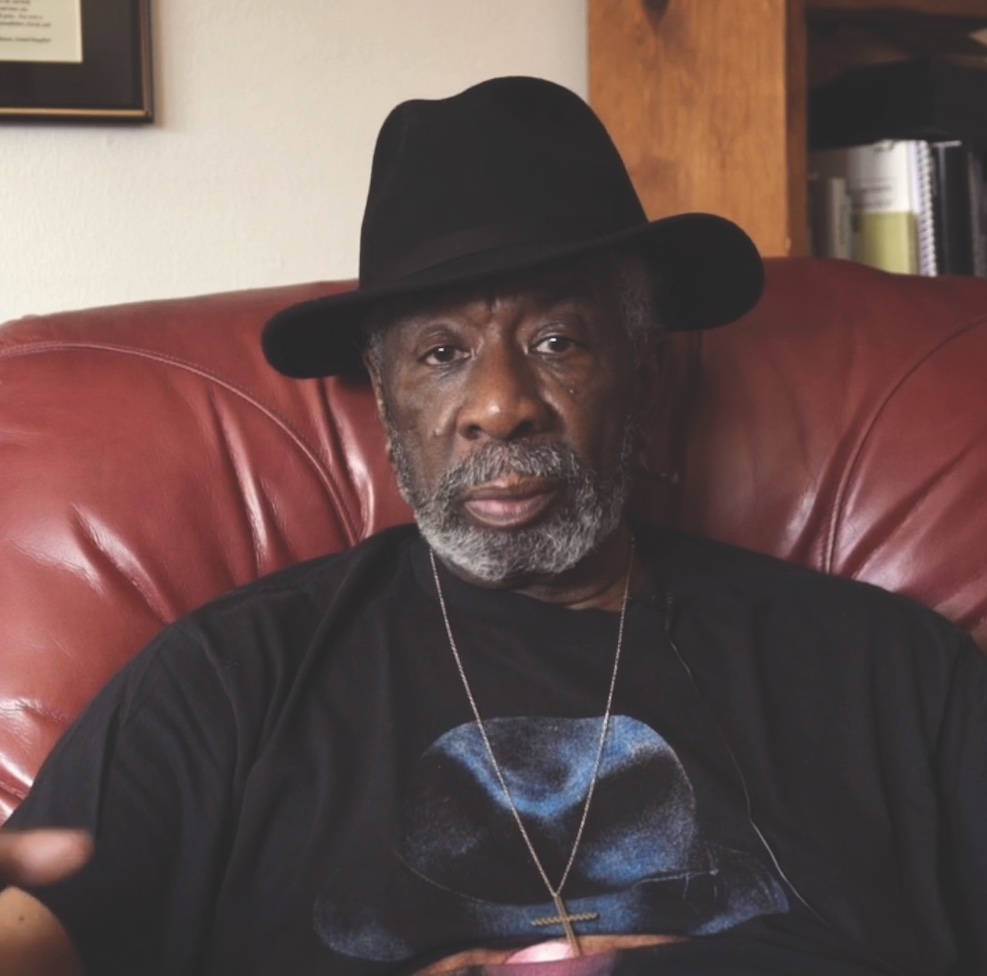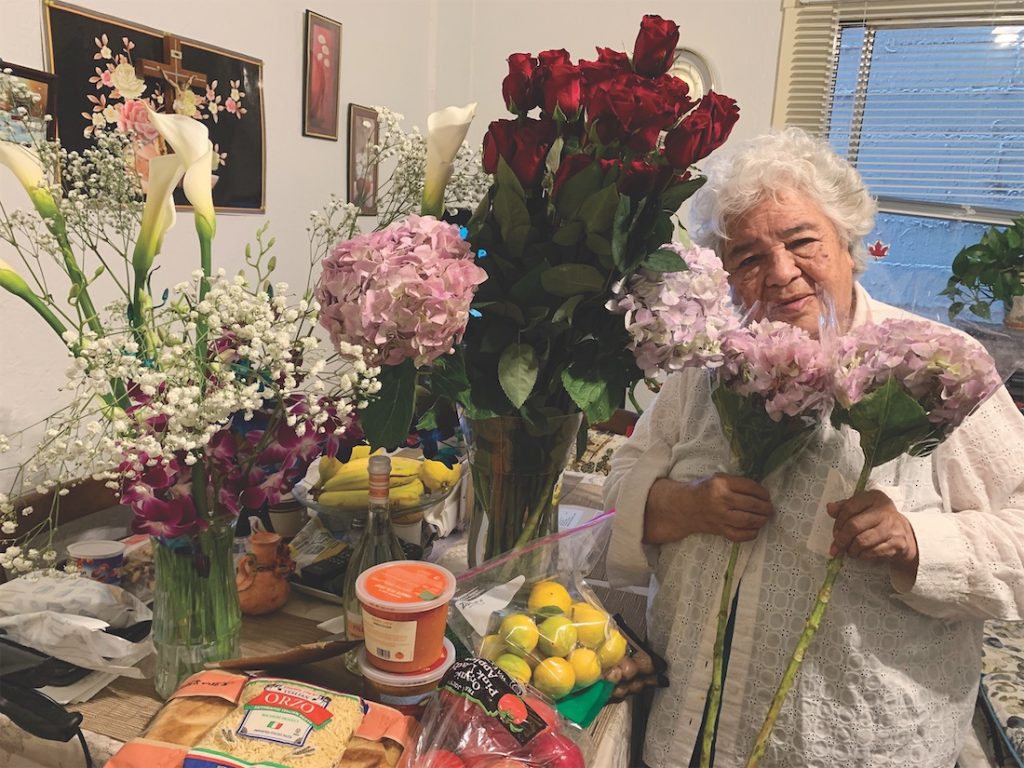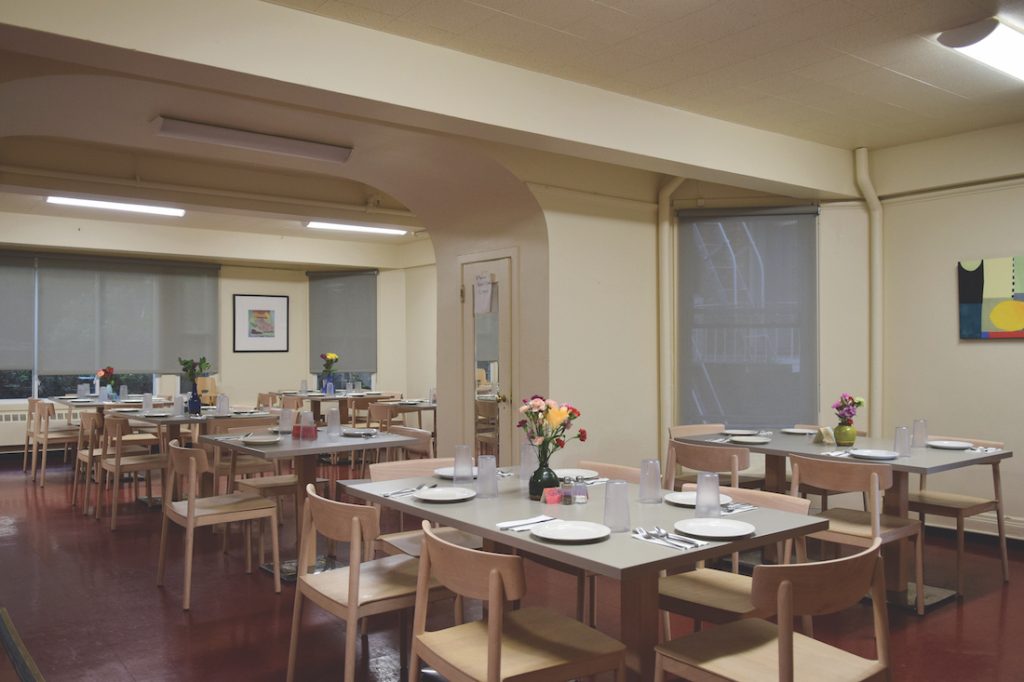Nonprofits Offering Lifelines to the Bay Area’s Unhoused

Homelessness is an endemic issue across America, but especially in California where the state’s eight largest cities are each settings for some of the country’s largest unhoused populations. Among the root causes for this expansive crisis is a shortage of affordable housing – a financial squeeze forcing many residents onto the streets where they face harsh conditions, suffering both physical and mental hardship. Where local governments fail to implement meaningful legislation to ameliorate the homelessness issue, there are several nonprofit groups working tirelessly to prevent more people on the brink from living on the streets.

Founded in 2003, Five Keys began as the nation’s first accredited charter high school to provide diploma programs for incarcerated adults. It has since grown to an organization of over 900 employees in service of benefitting traditionally underserved communities all over the state of California, improving lives by focusing on its namesake five keys: education, employment, recovery, family, and community.
Restorative justice is the goal that lights the fire under the Five Keys banner, working to achieve lower recidivism rates among the formerly incarcerated by boosting educational opportunities within disenfranchised communities, securing affordable housing opportunities, and giving students vocational tools to get a foothold in the workforce.
Senior citizens are among the fastest-growing segment of the homeless population. In San Francisco, at least one in four of all homeless people are above the age of 50 and as low-income individuals get older, their risk of experiencing homelessness only increases. Legal Assistance to the Elderly has been in operation since 1979, but amid an increasingly expensive and unforgiving rental market, they’ve found themselves more active than ever. Legal Assistance to the Elderly provides free legal help for people in precarious housing situations. They’re often the last hope for seniors facing eviction, elder abuse, financial grift, or the threat of losing vital benefits.

Seniors living with disabilities and/or limited incomes are most vulnerable and those in need of legal aid are sometimes exploited after making simple mistakes, like paying their rent late after a medical episode. Laura Chiera is the organization’s executive director and under her leadership in the past five years, the group’s staff has more than quadrupled. This expansion underscores the growing scope of seniors in need of legal resources.
Run by a strong interfaith coalition with a passion for human rights, PICO California has been organizing campaigns in communication with local elected officials for over 30 years on behalf of such issues as raising the minimum wage, ensuring fair hiring for formerly incarcerated individuals, and the expansion of childcare and paid family medical leave. They also believe that housing stability is the bedrock of all thriving communities and work to protect renters against no-fault evictions, excessive rent hikes, and from the kind of unnecessary housing displacement that leads to homelessness.

Making affordable housing a dignifiable human right is one of PICO California’s top priorities and a centerpiece of their “Home is Sacred” campaign. The group boasts a number of success stories. In the wake of the COVID-19 pandemic, which brought low-income families to the brink of eviction, PICO helped pass the nation’s largest expansion of tenant protections lobbying with local officials to enact the COVID-19 Tenant Relief Act and COVID-19 Rental Housing Recovery Act.
While the aforementioned organizations aim to prevent homelessness, Raphael House has been a safe haven for the many families who have crossed the unfortunate threshold of losing their housing, often as the result of unexpected circumstances. In operation since 1971, Raphael House has long been devoted to keeping families together in times of homelessness, offering safe, temporary residential shelter that provides private rooms, hot meals, clothing, and services to help families get back into stable living situations.

The families who take shelter with Raphael House have a very good chance of transitioning straight back to a stable housing situation, with a success rate of 85%. Part of the reason this success rate is so high is that Raphael House also provides its Bridge Program, a follow-up system to maintain support for families after they leave the temporary shelter. The Bridge Program provides invaluable resources: academic tutoring, financial planning workshops, career development services, and more. This is all part of Raphael House’s commitment to keeping families on the path to stability.
One day, California citizens and local elected leaders will band together to solve the issue of mass homelessness. Until then, nonprofit organizations like these are working on the frontlines offering lifelines to thousands of people striving for dignity.
